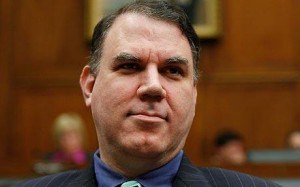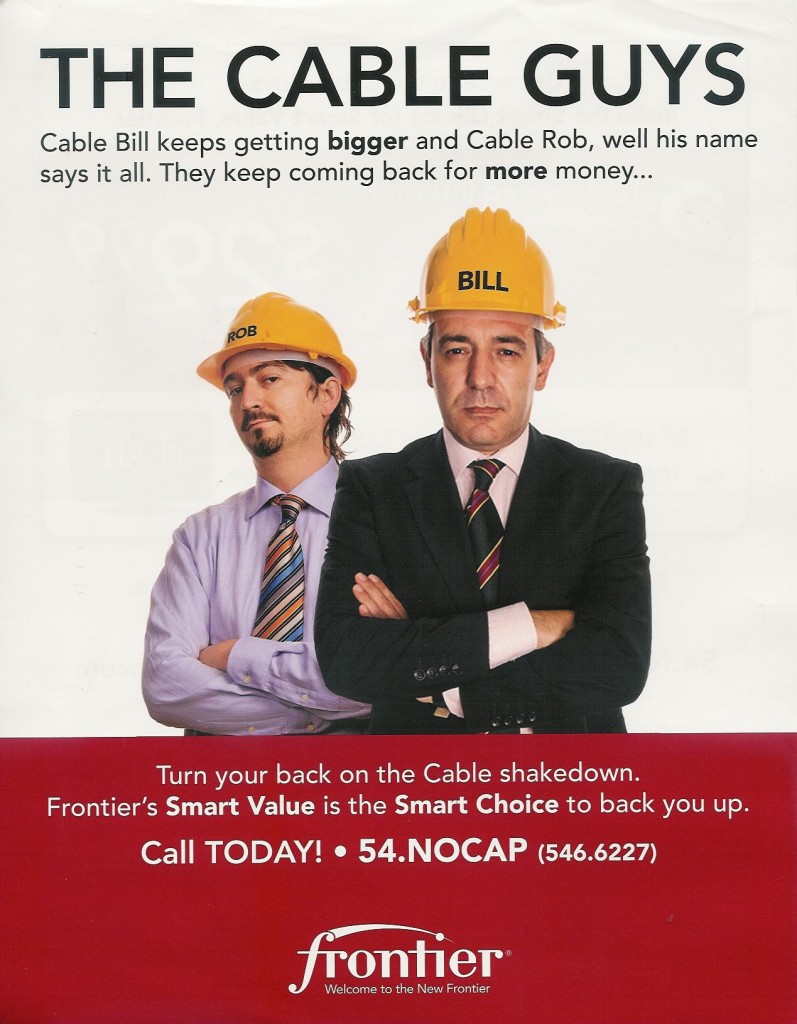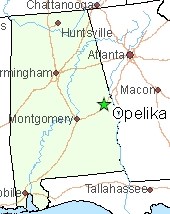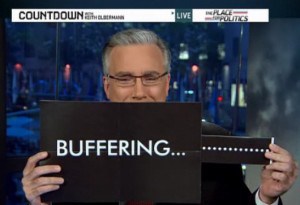 The firebrand Rep. Alan Grayson (D-Florida), normally a plain-spoken kind of guy, has managed to tie himself into a human pretzel over the issue of Net Neutrality. In less than a week, he’s adopted every side of the issue as his own.
The firebrand Rep. Alan Grayson (D-Florida), normally a plain-spoken kind of guy, has managed to tie himself into a human pretzel over the issue of Net Neutrality. In less than a week, he’s adopted every side of the issue as his own.
Grayson shocked many of his supporters last week when he signed on with AT&T, Verizon, and Comcast to pressure the Federal Communications Commission not to regulate Internet principles like Net Neutrality.
Grayson’s increasingly high profile in the Democratic party and his hero status among many progressives made his allegiance to big telecom stick out like a sore thumb. Liberal blogs immediately blasted Grayson’s decision to side with the “you can’t use my pipes for free” crowd. Some bloggers called his position “curious” while others accused him of selling out.
Grayson has been engaged in damage control ever since.
His letter to the FCC echoed earlier letters from Democrats hostile to broadband reform (but receptive to campaign contributions from the phone and cable companies). But Grayson insists he has been misunderstood.
The Orlando Democrat told the Huffington Post that he is in favor of Net Neutrality and that his alliance with the telecom industry is a coincidental case of “strange bedfellows.”
“I say in the letter that I support the policy of Net Neutrality. I don’t know how I could be more explicit than that,” he told HuffPost. “There is a question, though, of how to reach that conclusion, and it’s a legitimate question. My own feeling is that we should not allow a matter like this to be resolved by regulation, because regulations can be changed very easily. We saw this all the time with the Bush administration. I think it is preferable to have the principle of net neutrality enshrined in statute.”
Grayson’s position does not make sense to many Net Neutrality advocates who do not understand why Grayson cannot be supportive of both regulatory reform and legislative changes.
“I think Grayson is mistaken to think that good Net Neutrality legislation could come out of this Congress. And certainly he’s mistaken to think that good Net Neutrality legislation would come out of the next Congress,” said Tim Karr of Free Press.
Karr told HuffPost he hoped Grayson would note conservative bloggers are in love with the congressman’s position on Net Neutrality and rethink his position. “Given that Grayson is considered a progressive lion in the House of Representatives, that the people who routinely vilify him are now seeing him as a champion should make him think twice,” he said.
Grayson argues that getting the FCC to reform broadband and make Net Neutrality a formal agency directive would be a waste of time because Republicans would simply throw it out the next time they occupy the White House.
For many Net Neutrality advocates, that kind of defeatist attitude is symbolic of a problem Democrats have long faced — the impression they’ll cave-in when challenged by Republicans.
Marvin Ammori, a law professor at the University of Nebraska:
“What he’s implying is that Republicans actually do what they want to do and implement the policies they want and Democrats don’t,” said Ammori. “It sounds like they’re unwilling to change regulations because they’re worried Republicans will change them back… It just highlights that Republicans are willing to change the law and Democrats aren’t.”
Perhaps most upsetting to Net Neutrality supporters is Grayson’s belief that many phone and cable companies support Net Neutrality, at least how they define it.
Ammori thinks that is nonsense, and easily dismissed as lip service when one considers the actions of the telecom industry.
“If they supported Net Neutrality, we’d have it by now,” he said. “They’ve spent hundreds of millions fighting against Net Neutrality… This is part of their pitch: ‘We don’t plan on blocking anything on the Internet. We just want the right to do so’… He’s essentially crediting their PR claims.”
[flv width=”640″ height=”500″]http://www.phillipdampier.com/video/MSNBC Alan Grayson on Net Neutrality.flv[/flv]
Grayson faced questions about his position on MSNBC about his Net Neutrality views, and was lectured by progressive talk show host Cenk Uygur. Grayson called the FCC “a fundamentally corrupt organization.” (2 minutes)


 Subscribe
Subscribe







